
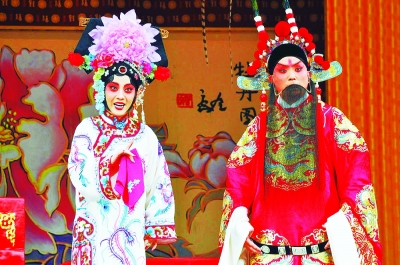 |
| (file photo) |
Key Words: Peking Opera; Jingju; opera; culture
Related:
>> Peking Opera seeks younger audience
>> A glimpse of four roles in Peking Opera
If anyone brought an esthetic grace to this year's annual political season in China it would be Mei Baojiu, Peking Opera master and son of Mei Lanfang.
Free from the grand makeup of the Peking Opera stage, the 79-year-old kept his manner and politely posed for pictures with fans who are also members of China's People's Political Consultative Conference (CPPCC), including in a crowded tea room at the Great Hall of the People.
In his role as a CPPCC member, Mei proposed this year that students at kindergartens, primary and middle schools could have Peking Opera classes adopted into their curriculum.
"Education should be focused on kids and Peking Opera teaches them how to be a decent person. The stories never tell us to kill or to bully," Mei told the Global Times, adding that the education of children in the art is essential to maintaining its legacy and helping it to go overseas.
Though many in the circle express concern about the decline of Peking Opera, Mei shows only optimism emphasizing that the 200-year-old art form has shown great resilience and tells stories that resonate with audiences both at home and abroad.
"The themes of Peking Opera stand for the basic virtues of Chinese society. We see the villains get punished, loyal officials protect their countries and lovers are faithful," he said, adding that the themes go along with the current trend of establishing a harmonious society, which makes the opera popular and attractive among young people.
Mei is not against innovations as long as the tones and skills are not neglected in the process. A group of Peking Opera performers in Taiwan have staged a number of adaptations, including The Kingdom of Desire, based on Shakespeare's Macbeth over the past two decades.
"My father was no stranger to innovation of Peking Opera and he personally introduced stories that happened in contemporary society via the ancient art form," Mei said. "But the key here is to keep the traditional makeup, tone and physicality in the new scenarios. The Western stories are also about kingdoms and love, so why shouldn't Peking Opera perform them."
But he is strongly against losing the key performance skills and classic presentation style of the opera or creating some hybrid "monster" that is neither Peking Opera nor Western theater.
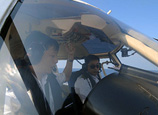
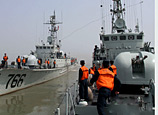
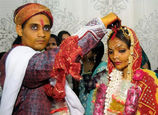
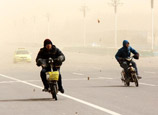




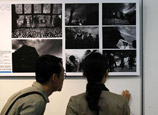
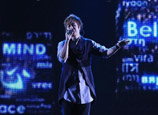








![]()
